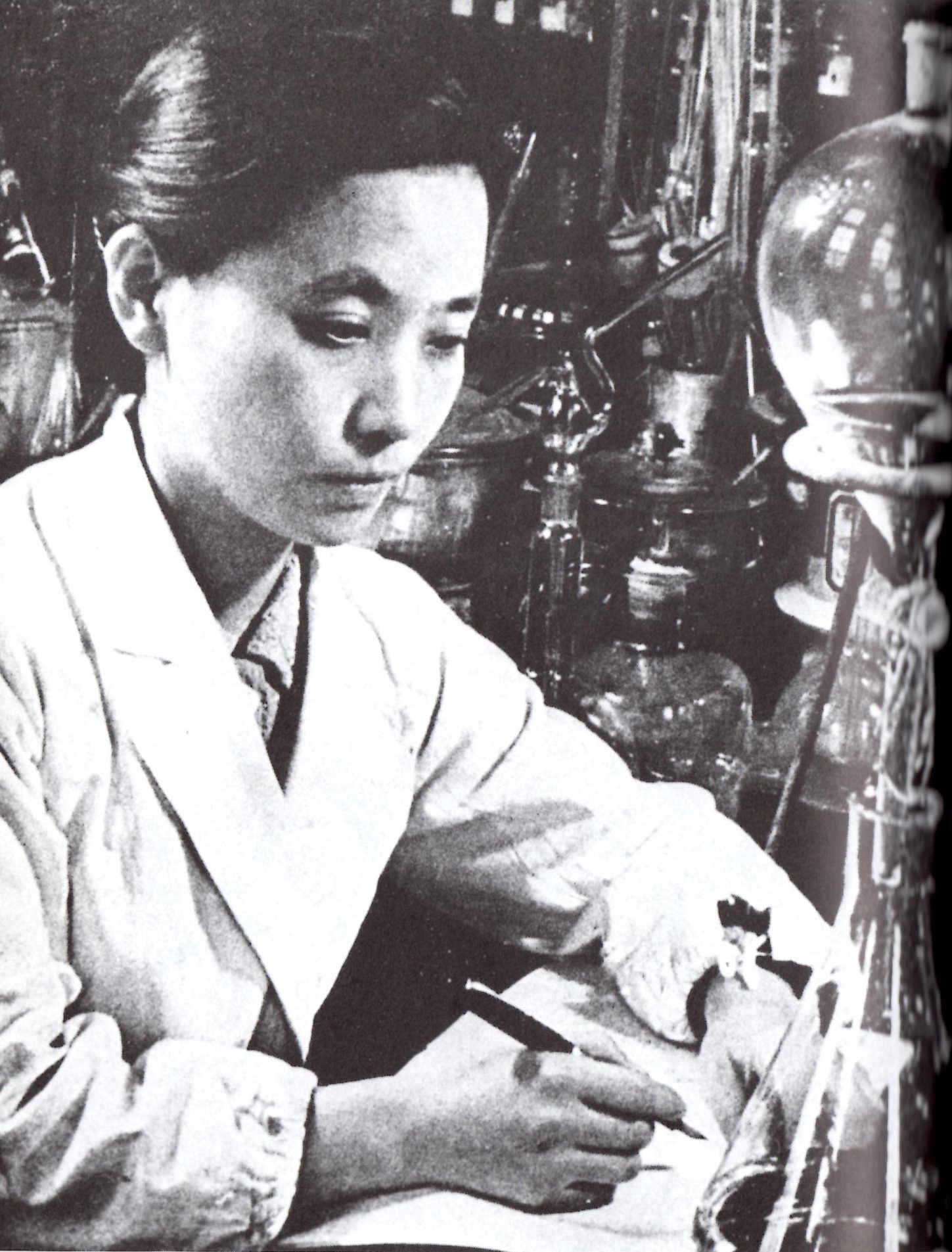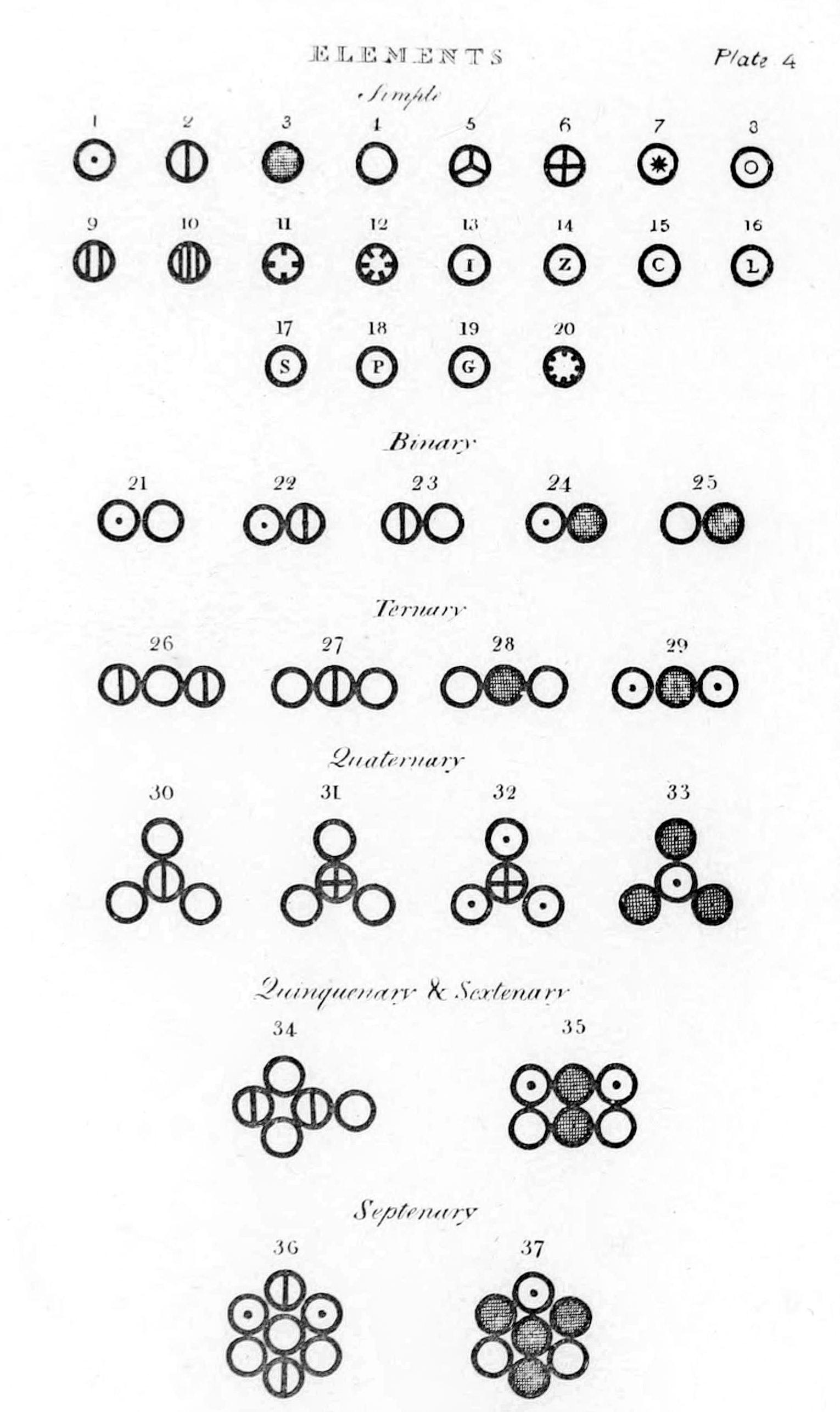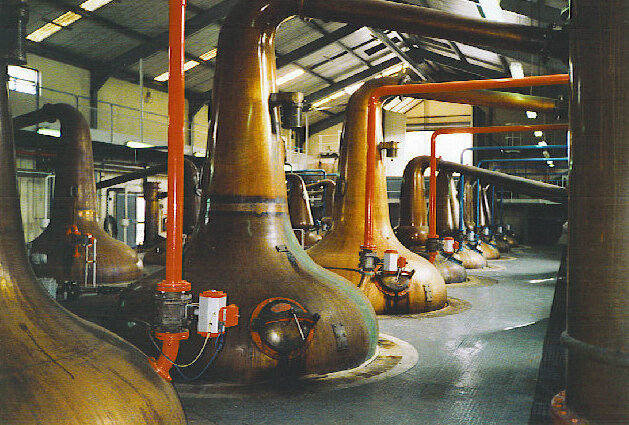|
Tapputi
Tapputi, also referred to as Tapputi-Belatekallim ("Belatekallim" refers to female overseer of a palace), is considered to be the world’s first recorded chemist, a perfume-maker mentioned in a cuneiform tablet dated around 1200 BC in Babylonian Mesopotamia. She used flowers, oil, and Acorus calamus, calamus along with cyperus, myrrh, and balsam. She added water or other solvents then Distillation, distilled and filtered several times. This is also the oldest referenced still. She also was an overseer at the Royal Palace, and worked with a researcher named (—)-ninu (the first part of her name has been lost).Rayner-Canham, Marelene, and Geoffrey Rayner-Canham. ''Women in Chemistry: Their Changing Roles from Alchemical Times to the Mid-Twentieth Century''. First edition. Chemical Heritage Foundation, 9 June 2005. 1. Print. In popular culture * Taputti is one of the main characters of Super Science Friends See also * Timeline of chemistry * Timeline of women in science Reference ... [...More Info...] [...Related Items...] OR: [Wikipedia] [Google] [Baidu] |
Timeline Of Women In Science
This is a timeline of women in science, spanning from ancient history up to the 21st century. While the timeline primarily focuses on women involved with natural sciences such as astronomy, biology, chemistry and physics, it also includes women from the social sciences (e.g. sociology, psychology) and the formal sciences (e.g. mathematics, computer science), as well as notable science educators and medical scientists. The chronological events listed in the timeline relate to both scientific achievements and gender equality within the sciences. Ancient history * 1900 BCE: Aganice, also known as Athyrta, was an Egyptian princess during the Middle Kingdom (about 2000–1700 BCE) working on astronomy and natural philosophy. *c. 1500 BCE: Hatshepsut, also known as the Queen Doctor, promoted a botanical expedition searching for officinal plants. * 1200 BCE: The Mesopotamian perfume-maker Tapputi-Belatekallim was referenced in the text of a cuneiform tablet. She is often consi ... [...More Info...] [...Related Items...] OR: [Wikipedia] [Google] [Baidu] |
Super Science Friends
Super Science Friends is an animated series created by Brett Jubinville and broadcast worldwide on YouTube and on Crunchyroll's VRV Channel in the United States. The series revolves around a group of super-powered scientists, including Albert Einstein, Nikola Tesla, Marie Curie, Charles Darwin, Sigmund Freud and Tapputi, who are brought together by Winston Churchill to travel through time fighting super-villains. The pilot episodEpisode 1: The Phantom Premisewas successfully Kickstarted in late 2014, and aired on YouTube in 2016. In 2017, Neil deGrasse Tyson joined the cast for Episode 3: Nobel of the Ball as the MC of the Nobel Prize Awards. Characters Main characters * Albert Einstein (voiced by Fred Kennedy): The youngest member of the team, Einstein's powers of super speed come from his understanding that time is relative. He was cloned 14 years ago from the real Albert Einstein, who died under mysterious circumstances. * Nikola Tesla (voiced by Hayden Finkelshtain): T ... [...More Info...] [...Related Items...] OR: [Wikipedia] [Google] [Baidu] |
Perfume
Perfume (, ; french: parfum) is a mixture of fragrant essential oils or aroma compounds (fragrances), fixatives and solvents, usually in liquid form, used to give the human body, animals, food, objects, and living-spaces an agreeable scent. The 1939 Nobel Laureate for Chemistry, Leopold Ružička stated in 1945 that "right from the earliest days of scientific chemistry up to the present time, perfumes have substantially contributed to the development of organic chemistry as regards methods, systematic classification, and theory." Ancient texts and archaeological excavations show the use of perfumes in some of the earliest human civilizations. Modern perfumery began in the late 19th century with the commercial synthesis of aroma compounds such as vanillin or coumarin, which allowed for the composition of perfumes with smells previously unattainable solely from natural aromatics. History The word ''perfume'' derives from the Latin ''perfumare'', meaning "to smoke through". ... [...More Info...] [...Related Items...] OR: [Wikipedia] [Google] [Baidu] |
Chemist
A chemist (from Greek ''chēm(ía)'' alchemy; replacing ''chymist'' from Medieval Latin ''alchemist'') is a scientist trained in the study of chemistry. Chemists study the composition of matter and its properties. Chemists carefully describe the properties they study in terms of quantities, with detail on the level of molecules and their component atoms. Chemists carefully measure substance proportions, chemical reaction rates, and other chemical properties. In Commonwealth English, pharmacists are often called chemists. Chemists use their knowledge to learn the composition and properties of unfamiliar substances, as well as to reproduce and synthesize large quantities of useful naturally occurring substances and create new artificial substances and useful processes. Chemists may specialize in any number of subdisciplines of chemistry. Materials scientists and metallurgists share much of the same education and skills with chemists. The work of chemists is often related to the ... [...More Info...] [...Related Items...] OR: [Wikipedia] [Google] [Baidu] |
11th-century BC Women
The 11th century is the period from 1001 ( MI) through 1100 ( MC) in accordance with the Julian calendar, and the 1st century of the 2nd millennium. In the history of Europe, this period is considered the early part of the High Middle Ages. There was, after a brief ascendancy, a sudden decline of Byzantine power and a rise of Norman domination over much of Europe, along with the prominent role in Europe of notably influential popes. Christendom experienced a formal schism in this century which had been developing over previous centuries between the Latin West and Byzantine East, causing a split in its two largest denominations to this day: Roman Catholicism and Eastern Orthodoxy. In Song dynasty China and the classical Islamic world, this century marked the high point for both classical Chinese civilization, science and technology, and classical Islamic science, philosophy, technology and literature. Rival political factions at the Song dynasty court created strife amongs ... [...More Info...] [...Related Items...] OR: [Wikipedia] [Google] [Baidu] |
Ancient Women Scientists
Ancient history is a time period from the beginning of writing and recorded human history to as far as late antiquity. The span of recorded history is roughly 5,000 years, beginning with the Sumerian cuneiform script. Ancient history covers all continents inhabited by humans in the period 3000 BCAD 500. The three-age system periodizes ancient history into the Stone Age, the Bronze Age, and the Iron Age, with recorded history generally considered to begin with the Bronze Age. The start and end of the three ages varies between world regions. In many regions the Bronze Age is generally considered to begin a few centuries prior to 3000 BC, while the end of the Iron Age varies from the early first millennium BC in some regions to the late first millennium AD in others. During the time period of ancient history, the world population was already exponentially increasing due to the Neolithic Revolution, which was in full progress. While in 10,000 BC, the world population stood at ... [...More Info...] [...Related Items...] OR: [Wikipedia] [Google] [Baidu] |
Iraqi Women Scientists
Iraqi or Iraqis (in plural) means from Iraq, a country in the Middle East, and may refer to: * Iraqi people or Iraqis, people from Iraq or of Iraqi descent * A citizen of Iraq, see demographics of Iraq * Iraqi or Araghi ( fa, عراقی), someone or something of, from, or related to Persian Iraq, an old name for a region in Central Iran * Iraqi Arabic, the colloquial form of Arabic spoken in Iraq * Iraqi cuisine * Iraqi culture *The Iraqis (party), a political party in Iraq *Iraqi List, a political party in Iraq *Fakhr-al-Din Iraqi, 13th-century Persian poet and Sufi. See also * List of Iraqis * Iraqi diaspora * Languages of Iraq * {{disambiguation Language and nationality disambiguation pages ... [...More Info...] [...Related Items...] OR: [Wikipedia] [Google] [Baidu] |
Perfumers
A perfumer is an expert on creating perfume compositions, sometimes referred to affectionately as a ''nose'' (French: ''nez'') due to their fine sense of smell and skill in producing olfactory compositions. The perfumer is effectively an artist who is trained in depth on the concepts of fragrance aesthetics and who is capable of conveying abstract concepts and moods with compositions. At the most rudimentary level, a perfumer must have a keen knowledge of a large variety of fragrance ingredients and their smells, and be able to distinguish each one alone or in combination with others. They must also know how each reveals itself over time. The job of the perfumer is very similar to that of flavourists, who compose smells and flavourants for commercial food products. Training Most past perfumers did not undergo professional training in the art, and many learned their craft as apprentices under another perfumer in their employment as technicians (in charge of blending formulas) or c ... [...More Info...] [...Related Items...] OR: [Wikipedia] [Google] [Baidu] |
Women Chemists
A woman is an adult female human. Prior to adulthood, a female human is referred to as a girl (a female child or adolescent). The plural ''women'' is sometimes used in certain phrases such as "women's rights" to denote female humans regardless of age. Typically, women inherit a pair of X chromosomes, one from each parent, and are capable of pregnancy and giving birth from puberty until menopause. More generally, sex differentiation of the female fetus is governed by the lack of a present, or functioning, SRY-gene on either one of the respective sex chromosomes. Female anatomy is distinguished from male anatomy by the female reproductive system, which includes the ovaries, fallopian tubes, uterus, vagina, and vulva. A fully developed woman generally has a wider pelvis, broader hips, and larger breasts than an adult man. Women have significantly less facial and other body hair, have a higher body fat composition, and are on average shorter and less muscular than men. Thro ... [...More Info...] [...Related Items...] OR: [Wikipedia] [Google] [Baidu] |
Babylonian Women
Babylonian may refer to: * Babylon, a Semitic Akkadian city/state of ancient Mesopotamia founded in 1894 BC * Babylonia, an ancient Akkadian-speaking Semitic nation-state and cultural region based in central-southern Mesopotamia (present-day Iraq) * Babylonian language, a dialect of the Akkadian language See also * Babylonia (other) * Babylonian astronomy * Babylonian calendar * Babylonian captivity or Babylonian exile, a period in Jewish history * Babylonian Jews, Jews of the area of modern-day Iraq and north Syria * Babylonian literature * Babylonian mathematics, also known as Assyro-Babylonian mathematics * Babylonian religion * First Babylonian dynasty, the first dynasty of Babylonia * Neo-Babylonian Empire The Neo-Babylonian Empire or Second Babylonian Empire, historically known as the Chaldean Empire, was the last polity ruled by monarchs native to Mesopotamia. Beginning with the coronation of Nabopolassar as the King of Babylon in 626 BC and bei ... (626–5 ... [...More Info...] [...Related Items...] OR: [Wikipedia] [Google] [Baidu] |
Timeline Of Chemistry
This timeline of chemistry lists important works, discoveries, ideas, inventions, and experiments that significantly changed humanity's understanding of the modern science known as chemistry, defined as the scientific study of the composition of matter and of its interactions. Known as "the central science", the study of chemistry is strongly influenced by, and exerts a strong influence on, many other scientific and technological fields. Many historical developments that are considered to have had a significant impact upon our modern understanding of chemistry are also considered to have been key discoveries in such fields as physics, biology, astronomy, geology, and materials science. Pre-17th century Prior to the acceptance of the scientific method and its application to the field of chemistry, it is somewhat controversial to consider many of the people listed below as "chemists" in the modern sense of the word. However, the ideas of certain great thinkers, either for the ... [...More Info...] [...Related Items...] OR: [Wikipedia] [Google] [Baidu] |
Still
A still is an apparatus used to distill liquid mixtures by heating to selectively boil and then cooling to condense the vapor. A still uses the same concepts as a basic distillation apparatus, but on a much larger scale. Stills have been used to produce perfume and medicine, water for injection (WFI) for pharmaceutical use, generally to separate and purify different chemicals, and to produce distilled beverages containing ethanol. Application Since ethanol boils at a much lower temperature than water, simple distillation can separate ethanol from water by applying heat to the mixture. Historically, a copper vessel was used for this purpose, since copper removes undesirable sulfur-based compounds from the alcohol. However, many modern stills are made of stainless steel pipes with copper linings to prevent erosion of the entire vessel and lower copper levels in the waste product (which in large distilleries is processed to become animal feed). Copper is the preferred material ... [...More Info...] [...Related Items...] OR: [Wikipedia] [Google] [Baidu] |





.jpg)

